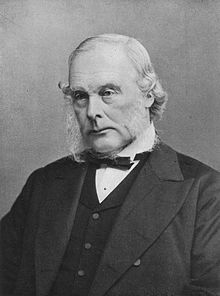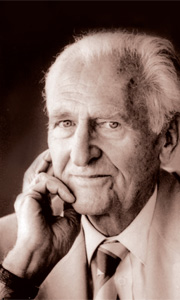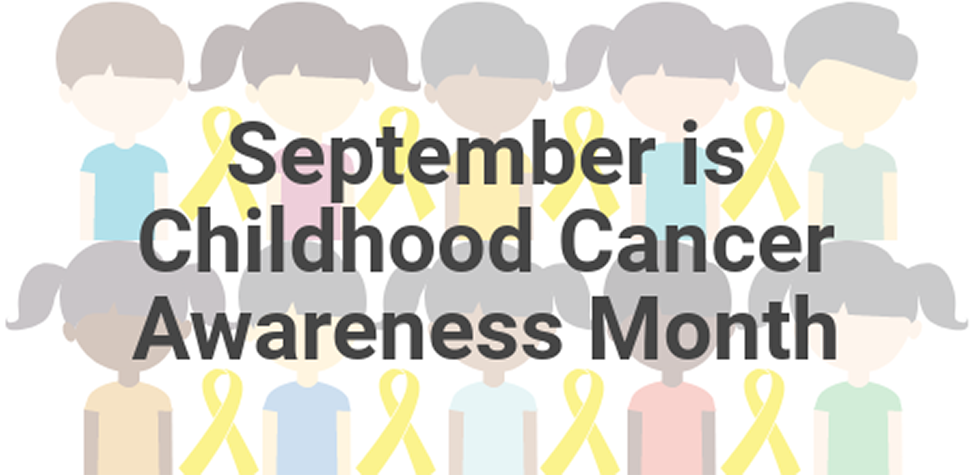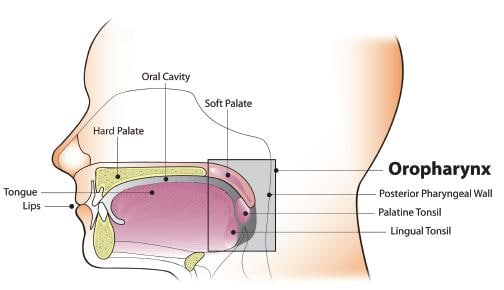Machine-learning Technique May Speed Identifying ER-positive Breast Cancers
Researchers have developed a technique that showed potential to identify estrogen receptor (ER)-positive breast cancers much faster and easier than current methods, potentially speeding a patient’s diagnosis and advancing the possibility of more personalized treatment.
Treatment decisions and patient management in breast cancer depends greatly on the presence of specific markers – cancer cells with receptors for estrogen and other hormones – as these markers are associated with different responses to current therapies.
ER-positive breast cancers account for more than 70 percent of all such cancers, and these patients are often treated with one of two classes of therapies after surgery.
In the U.S., the standard procedure to characterize breast tumors uses immunohistochemistry, a method in which biopsies slides are analyzed under a microscope for the presence of specific markers. However, this process is expensive, slow – taking weeks to provide results – and somewhat inconsistent, as different laboratories may reach different results.
While the results of the new technique are promising, further validation is needed before the technique might be applied in the clinical setting, and the researchers expect that tests involving larger groups of patients will also improve the machine’s predictive accuracy.













